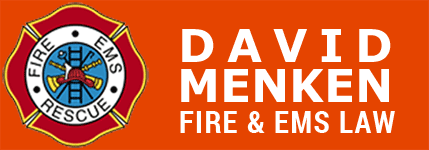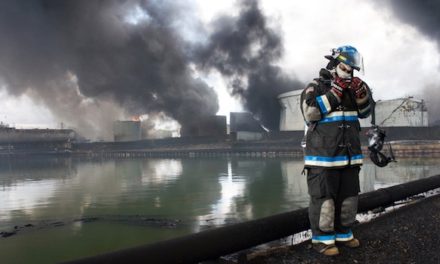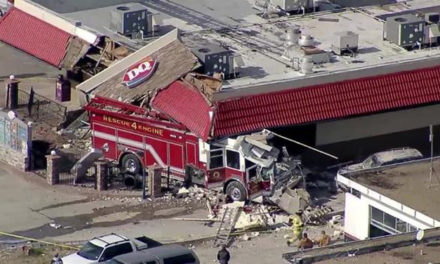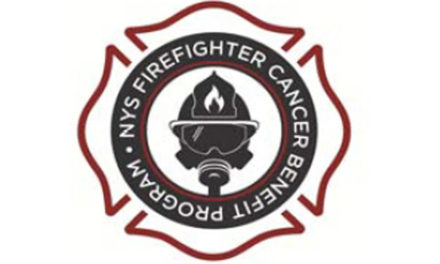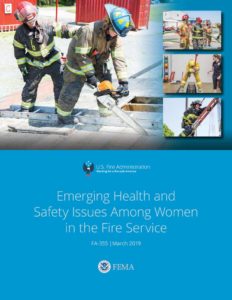 The International Association of Women in Fire & Emergency Services, in collaboration with FEMA and the US Fire Administration, has published a report called Emerging Health and Safety Issues among Women in the Fire Service.
The International Association of Women in Fire & Emergency Services, in collaboration with FEMA and the US Fire Administration, has published a report called Emerging Health and Safety Issues among Women in the Fire Service.
The Report looks at the results of a study which reviewed the critical health and safety issues facing female firefighters and EMS providers and details programs and strategies which might improve the health and safety of female first responders and reduce instances of stress, injury and death.
The Report notes (at page 2) that in 2015, “women held 12,850 career firefighting roles and 72,250 volunteer roles nationally, averaging 7.3 percent of the U.S. fire service overall.” In 1999 that number was about 2 percent.
As the fire service has evolved over the last few decades from primarily fighting fires to providing multiple rescue services including medical rescue and transport, the number and role of women has increased and the issues facing women in the fire service has become more relevant to the general firefighting community.
The Report states, “This report serves as a status check on long-term and emerging issues of health and safety for women in the fire service. It will highlight already existing resources that address these issues and make recommendations for improving the fire service for women and for all.
Mental health, particularly, is a concern for female first responders: “When looking at mental health, almost 1 in 4 career women firefighters and 4 in 10 volunteer women firefighters scored in the range of concern on the Center for Epidemiological Studies Short Depression Scale used to assess depression…. Factors with correlations to suicidal thoughts and behavior included lower rank, less experience, membership in a volunteer department, experience with suicide-related responses, and active-duty military history.” (page 7)
The Report covers many areas, spots issues and makes recommendations regarding occupational safety ands health, recruitment and retention relating to women firefighter health and wellness, heart health, injury and death tied to roadway incidents and emergency vehicle operations, cancer among women firefighters, and discrimination, harassment and bullying. It is an interesting and a relevant read.
